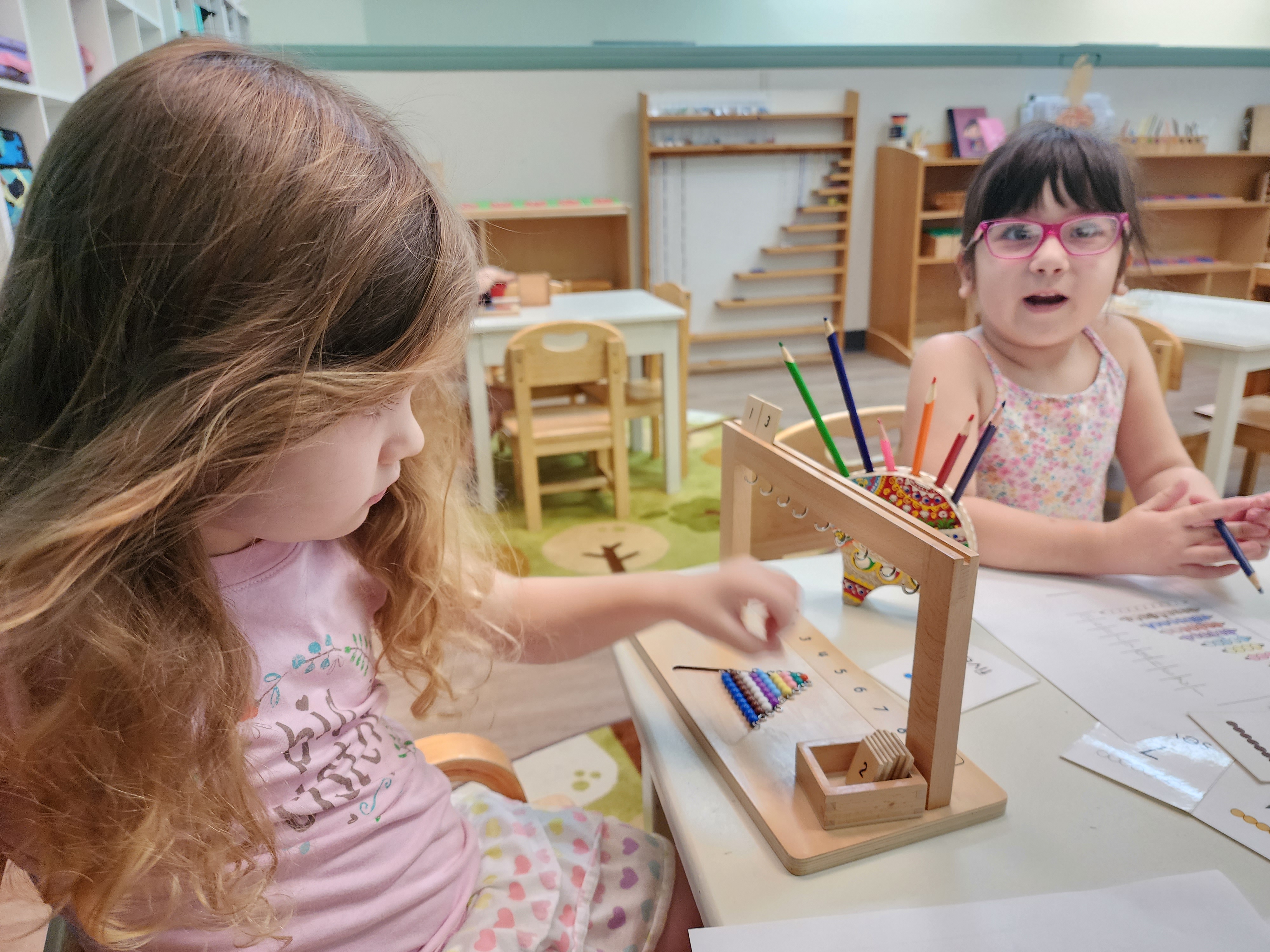
Montessori daycare centers offer a unique approach to early childhood education that focuses on the holistic development of children. Founded by Dr. Maria Montessori in the early 20th century, the Montessori method emphasizes independence, freedom within limits, and respect for a child's natural psychological, physical, and social development.
The Montessori Philosophy
Central to the Montessori philosophy is the belief that children are naturally curious and capable learners who thrive in an environment that is conducive to their exploration and growth. If you are looking for a Montessori preschool for your kids, you may visit BeiBei Amigos. Here are some key principles of the Montessori approach:
Child-Centered Learning
- Children are encouraged to follow their interests and learn at their own pace.
- Teachers serve as guides, providing support and resources as needed.
Hands-On Learning
- Manipulative materials are an integral part of the Montessori classroom, allowing children to engage in hands-on learning experiences.
- These materials are designed to promote independent discovery and problem-solving skills.
Key Components of Montessori Daycare
Multi-Age Classrooms
Montessori daycares typically have mixed-age classrooms where children of different ages learn together. This setup allows for natural peer learning and encourages cooperation and collaboration among children.
Uninterrupted Work Periods
Children in Montessori daycares are given long blocks of uninterrupted time to work on activities of their choice. This setup fosters concentration, independence, and a sense of accomplishment in children.
Freedom within Limits
Montessori daycares provide children with a sense of freedom in choosing their activities within a structured environment. This approach helps children develop self-discipline and decision-making skills.
The Benefits of Montessori Daycare
Montessori daycare programs offer a range of benefits for children's early learning and development:
Individualized Learning
- Children work at their own pace and are not limited by a one-size-fits-all curriculum.
- Teachers observe and assess each child's progress, providing individualized support and guidance.
Developing Independence
- Montessori classrooms are designed to promote independence and self-sufficiency in children.
- Children learn to take responsibility for their actions and make choices independently.
Social and Emotional Development
- Children in Montessori daycares learn to interact with peers of different ages, fostering social skills and empathy.
- The emphasis on respect and cooperation helps children develop strong emotional intelligence.
Choosing a Montessori Daycare
When selecting a Montessori daycare for your child, consider the following factors:
Accreditation
- Choose a daycare that is accredited by a recognized Montessori organization to ensure adherence to the Montessori principles.
Observation
- Visit the daycare and observe a classroom in action to get a sense of the environment and teaching methods.
Teacher Qualifications
- Check the qualifications and training of the teachers at the daycare to ensure they are well-versed in the Montessori approach.
Conclusion
Montessori daycare centers provide a holistic approach to early learning and development that nurtures children's natural curiosity, independence, and social skills. By following the principles of the Montessori philosophy, these daycares create an environment where children can thrive and reach their full potential.